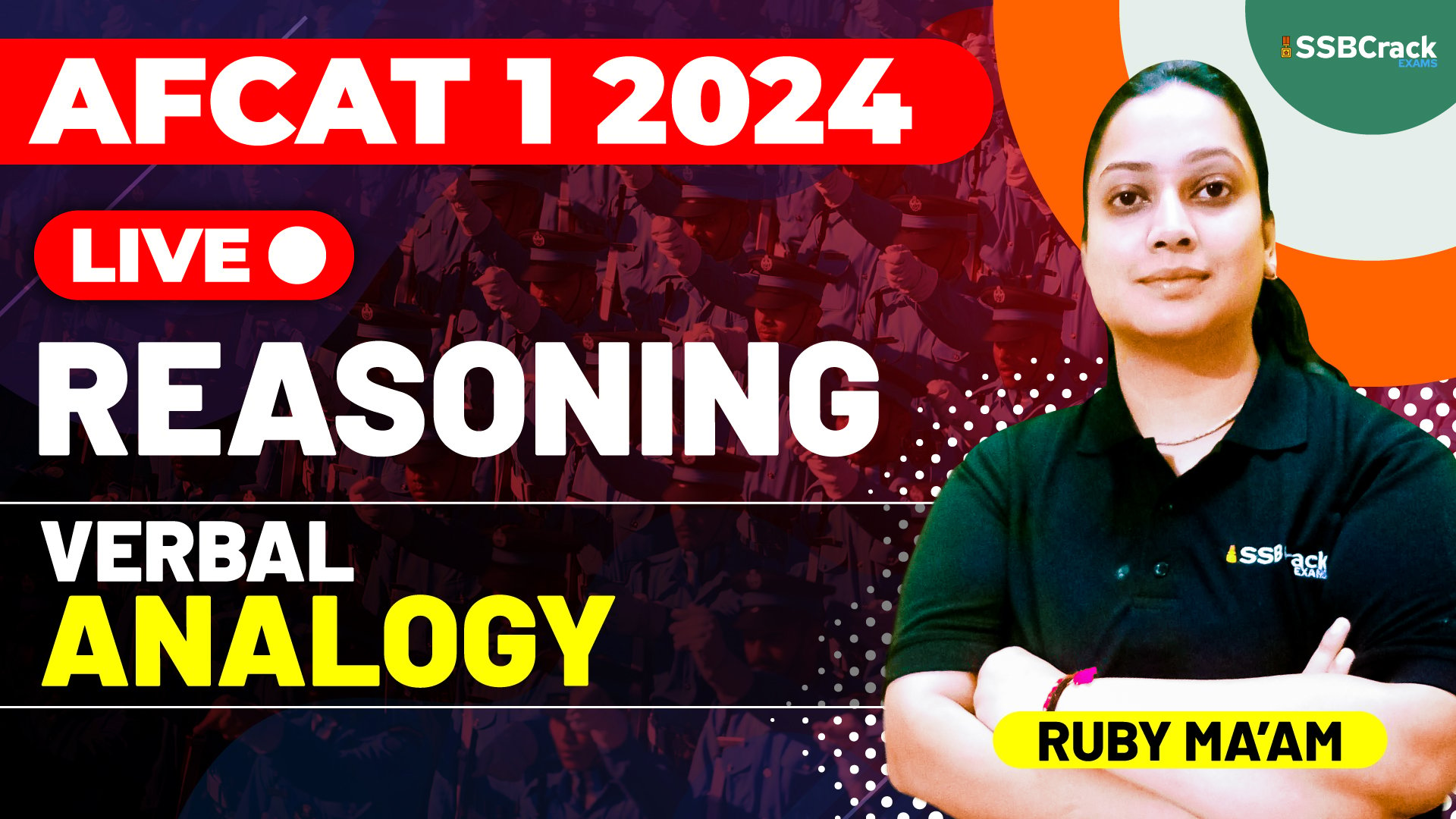The Air Force Common Admission Test (AFCAT) is a highly competitive examination that assesses the aptitude and knowledge of candidates aspiring to join the Indian Air Force. One of the challenging sections in the AFCAT exam is the verbal ability section, which includes verbal analogies. Verbal analogies are not only an essential part of the test but also a reflection of a candidate’s logical reasoning and vocabulary skills. Mastering verbal analogies is crucial for success in AFCAT, and this article aims to guide aspirants on the importance of this skill and effective strategies to excel in this section.
Understanding Verbal Analogies:
Verbal analogies involve establishing a relationship between pairs of words and then applying the same relationship to find a pair of words that mirror that connection. This section evaluates a candidate’s ability to recognize patterns, draw logical conclusions, and comprehend the relationships between words.
Importance of Verbal Analogies in AFCAT:
- Logical Reasoning Skills: Verbal analogies assess a candidate’s ability to identify and comprehend logical relationships between words. This skill is vital for tasks such as aircraft navigation, problem-solving, and decision-making – all of which are crucial for an Air Force officer.
- Vocabulary Building: Mastering verbal analogies requires a strong vocabulary. A well-developed vocabulary is an asset in the military, where effective communication is essential. Officers must convey information clearly and precisely, making vocabulary an indispensable skill for success in the Air Force.
- Quick Decision-Making: AFCAT assesses candidates on their ability to think on their feet. Verbal analogies demand quick analysis and decision-making, mirroring situations in real-life scenarios where split-second decisions can be critical.
Strategies to Excel in Verbal Analogies:
- Build a Strong Vocabulary: Enhance your vocabulary by reading extensively. Make use of newspapers, magazines, and books to expose yourself to diverse words and their meanings. Regular vocabulary-building exercises will significantly improve your ability to discern relationships between words.
- Identify Word Relationships: Practice recognizing different types of relationships between words, such as synonyms, antonyms, cause and effect, and part-whole relationships. This skill will help you quickly identify and solve verbal analogies during the AFCAT exam.
- Create Word Pairs: Develop the habit of creating your own word pairs and establishing relationships between them. This exercise will sharpen your analytical skills and prepare you for a variety of verbal analogy questions.
- Practice Regularly: Dedicate specific time for verbal analogy practice in your AFCAT preparation schedule. Utilize online resources, practice books, and previous years’ question papers to familiarize yourself with the format and types of questions.
- Review Incorrect Answers: Analyze the questions you answered incorrectly to understand the reasoning behind the correct answers. This reflection will help you identify patterns and improve your approach to solving verbal analogies.
Conclusion:
Mastering verbal analogies is a crucial aspect of preparing for the AFCAT exam. The skills developed through practicing verbal analogies not only contribute to success in the test but also prepare aspirants for the challenges they may encounter as future Air Force officers. By dedicating time and effort to enhance vocabulary and logical reasoning skills, AFCAT aspirants can confidently tackle the verbal analogy section and increase their overall chances of success in the examination.







